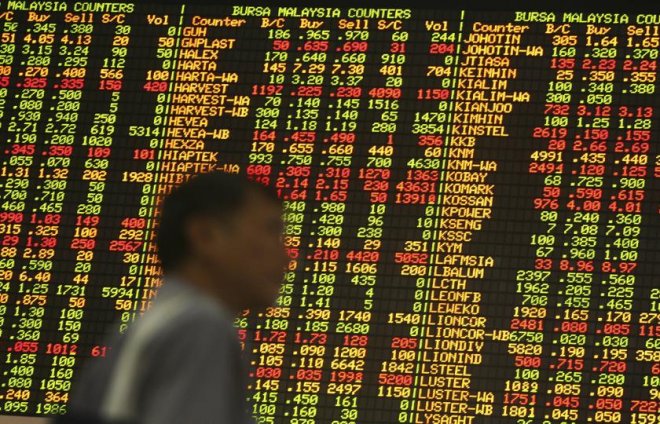
Malaysia's stock exchange, FTSE Bursa Malaysia, has launched two new indexes with a broad range of industry sector coverage, which supports the government's initiatives to promote mid-cap market segment.
The indexes cover the mid and small-cap companies with the FTSE Bursa Malaysia MidS Cap Index comprising constituents from the FTSE Bursa Malaysia EMAS Index with a full market capitalisation range between RM200 million to RM2 billion. The range, however, is subject to buffers applied to provide sustainability in the selection of constituents at semi-annual reviews.
In a statement, Bursa's chief executive officer, Datuk Seri Tajuddin Atan, said the inclusion of the new indexes was in line with global trends. "Investors are now allocating their investment portfolio strategically to the mid and small cap equity segment with the mid and small cap offering positive growth prospects," he said, as reported.
The FTSE Bursa Malaysia Mids Cap Index currently has 169 constituencies which represent approximately US$15 billion of investable market capitalisation.The indexes are in support of the government's move to inject more liquidity into the mid and small-cap market segment. The FTSE Bursa Malaysia MidS Cap Shariah Index consists of all the constituents of FTSE Bursa Malaysia MidS Cap index that are Shariah compliant.
FTSE Russell Asia managing director, Jessie Pak, said the partnership with Bursa Malaysia was timely, saying: We are delighted to expand FTSE Russell's partnership with the launch of the two new indexes as the mid- and small-cap companies are of increasing interest to investors around the world while the new indexes can prove to be a benchmark for the growing segment in Malaysia.
Meanwhile, Malaysia's central bank, Bank Negara Malaysia has urged the banking industry to adopt new innovation in their product offering to meet the demands of the new economy.
Bank Negara governor Datuk Muhammad Ibrahim said it was essential to support the economic transformation while finding ways to moderate the lending disparity towards the property sector.
New Straits Times quoted Muhammad Ibrahim saying that the move was at a fundamental level which leaves room to explore moderate lending bias. He said there was a big scope for the banking industry to organise itself effectively to weigh, expand and take action in response to the emerging issues concerning both the economy and society.








